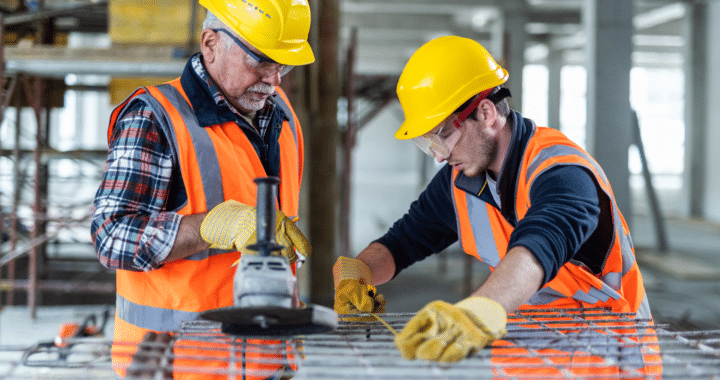Stainless steel is available in many “grades”, each having different properties, but how do you know what will be best to fit your needs. Lawrence Sintered Metals offers different grades, which are 304 and 316 stainless steel. So, which one would best fit the needs of your next wire mesh project?
Grade A2 Stainless Steel / 304 Stainless Steel
So, what exactly is Grade A2 stainless steel and where is it likely to be found? First, it is important to understand exactly how stainless steel differs from standard carbon steel. Stainless steel is an alloy – a mixture of two or more metals, which contain at least 10.5% chromium to be called “stainless”. The added chromium makes stainless steel far more resistant to corrosion and staining than unalloyed carbon steel by forming a passive layer of chromium oxide. This helps prevent corrosion of the metal’s surface and blocking it from spreading to the internal structure of the metal.
Other metals, including nickel, copper, titanium, and molybdenum, can be added to stainless steel to modify and enhance its properties, improving such qualities as strength, corrosion resistance, formability and cryogenic durability. It is these additions that alter the grade stainless steel.
A2 grade stainless steel is also often referred to as type 304 or 18/8. With a high hardness level and consistent dimensional stability, A2 stainless steel shows good resistance to wear & tear. An austenite steel, 304 is also non-magnetic and exhibits poor thermal and electrical conductivity. 304 can be formed into whatever shape necessary for the task at hand, it also carries increased corrosion resistance when compared to regular steel.
Grade A4 Stainless Steel / 316 Stainless Steel
Grade A4 stainless steel is also known as 316 or marine grade stainless steel. This steel is best known for its increased resistance to corrosion and its abilities to hold up in salt water and for marine applications. It does have some of the same properties as 304, but the big difference is the incorporation of molybdenum, generally ranging from 2-3% by composition (although some specialty 300-series stainless steels can contain up to 7-8% molybdenum).
316 stainless is usually used whenever there is a chemical process and high-salinity environments warrant chloride-resistant features. This type of steel is also widely used in the manufacture of medical & surgical equipment.
Lawrence Sintered Metals carries a full assortment of stainless steel meshes in 304 and 316 stainless steel, as well as other grades. To learn more about what we can do for you and determine whether 304 or 316 stainless steel is the suitable choice for your wire mesh project.




